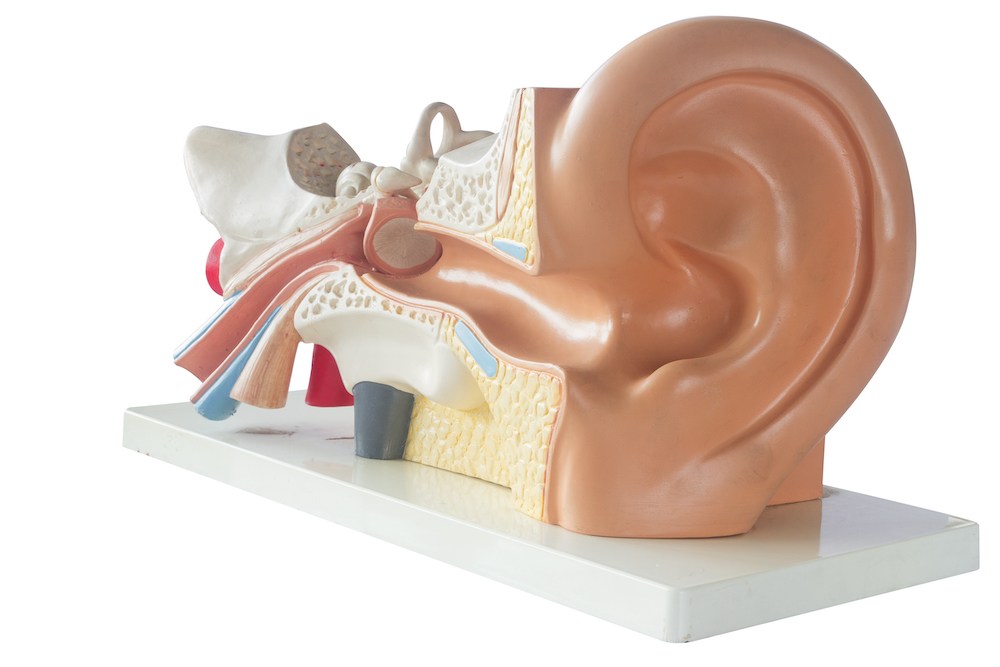Noise Induced Hearing Loss in the Workplace
Millions of workers encounter loud noises as part of their daily routines,
Voted Best of 603 Two Years in a Row!

It’s a well-known fact that our mental and emotional states can have a profound effect on our physical health. This connection is particularly evident when it comes to hearing health, where stress and anxiety can exacerbate or even trigger the onset of tinnitus, a condition characterized by persistent ringing or buzzing in the ears. Tinnitus affects millions of people worldwide and can significantly impact quality of life. Understanding how stress and anxiety contribute to this condition is crucial for those who regularly visit hearing care clinics, as it offers insight into potential treatment strategies.
Tinnitus is not a disease itself but rather a symptom that something is wrong with your auditory system. This could be an issue in your ear, the auditory nerve that connects the inner ear to the brain, or the parts of your brain that process sound. The nature of tinnitus varies from person to person; some may hear it as a low-frequency hum while others may experience it as high-pitched whistling.
Stress and anxiety are known to play significant roles in many health conditions, including tinnitus. When you’re stressed or anxious, your body goes into “fight-or-flight” mode which can cause changes in blood flow to various parts of your body including your ears – potentially leading to tinnitus symptoms. Furthermore, stress hormones like cortisol might also affect how your brain processes sound thus contributing further to these symptoms.
Effective management of stress and anxiety may significantly reduce tinnitus symptoms for many people. Techniques such as deep breathing exercises, yoga, meditation or even just taking time each day for relaxation can help lower overall stress levels thereby potentially reducing the intensity of tinnitus.
Cognitive behavioral therapy (CBT) has shown promise in helping patients manage their reactions to tinnitus. Rather than trying to eliminate the sound itself (which is often not possible), CBT focuses on changing one’s perception and reaction towards it – making it less bothersome over time.
<p>In some cases where hearing loss accompanies tinnitus, using hearing aids may provide relief by amplifying background sounds thus making the ringing or buzzing less noticeable. Some <a href=”https://thehearingaidman.com/hearing-aids/”>modern hearing aids</a> even come equipped with specific features designed specifically for managing tennessee such as masking programs that produce white noise.</p>
Regular visits to a hearing instrument specialist are essential for anyone dealing with persistent tennessee especially if you’re also experiencing high levels of stress or anxiety. These professionals can provide personalized advice based on your specific circumstances and help you find effective strategies for managing both conditions simultaneously.
While living with constant ringing or buzzing in your ears can certainly be challenging especially when coupled with high levels of stress or anxiety there’s hope yet! By understanding how these factors interact with each other one can take proactive steps towards managing their symptoms effectively.

Millions of workers encounter loud noises as part of their daily routines,

Genetics plays an important role in our hearing health, influencing who

Hearing loss can influence how people perform and stay safe at work. In